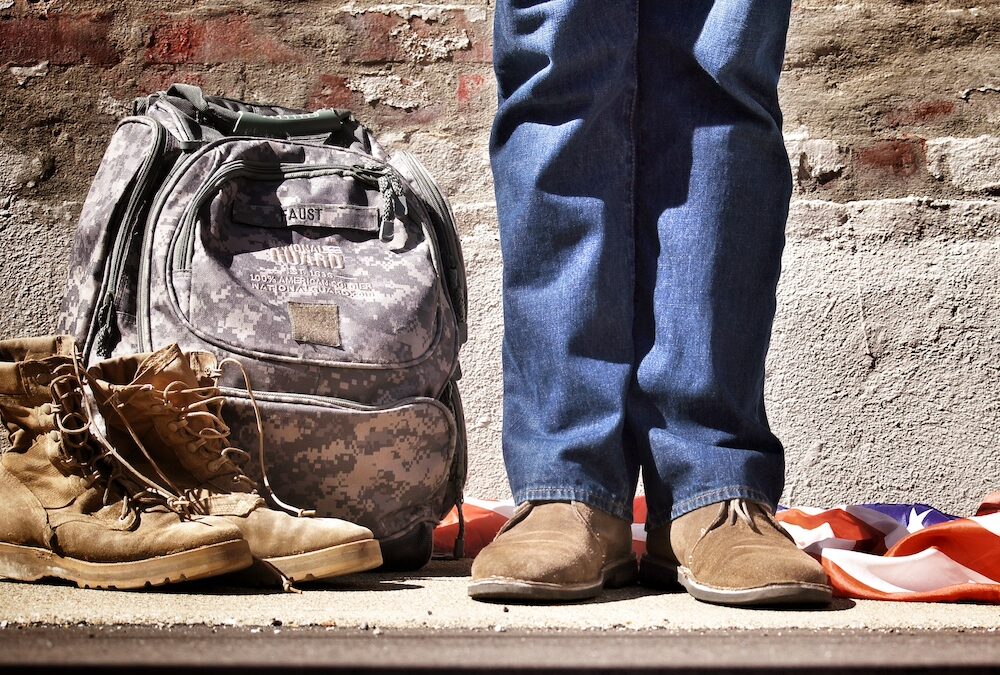Homelessness among veterans is a distressing and persistent issue that demands urgent attention. These men and women, who have selflessly served their countries, often find themselves facing a myriad of challenges upon returning to civilian life. This article aims to shed light on the current state of veteran homelessness and proposes actionable steps individuals can take to combat this pressing issue.
The Harsh Reality:
Despite the sacrifices made by veterans in the line of duty, a significant number struggle with homelessness upon returning to civilian life. Factors contributing to this crisis include post-traumatic stress disorder (PTSD), mental health issues, substance abuse, unemployment, and a lack of affordable housing. According to the U.S. Department of Housing and Urban Development (HUD), on any given night, thousands of veterans experience homelessness, highlighting the urgency of addressing this critical issue.
Challenges Faced by Homeless Veterans:
-
Mental Health Issues: Many veterans grapple with mental health challenges such as PTSD, depression, and anxiety, making it difficult to maintain stable employment and housing.
-
Substance Abuse: Substance abuse is a common coping mechanism for veterans dealing with trauma. Unfortunately, it often exacerbates their struggles and contributes to homelessness.
-
Lack of Affordable Housing: The scarcity of affordable housing options, particularly for those with limited financial resources, is a significant contributor to veteran homelessness.
-
Unemployment: Re-entering the civilian workforce can be challenging for veterans, especially if their military skills do not directly align with available job opportunities.
Combatting Veteran Homelessness: What Individuals Can Do
-
Support Veteran Assistance Programs: Contribute to or volunteer with organizations that provide support and resources for homeless veterans. Charities like Veterans Matter, Operation Homefront, and the National Coalition for Homeless Veterans work to address the unique needs of those who have served.
-
Advocate for Affordable Housing: Advocate for policies that prioritize affordable housing, especially for veterans. Engage with local and national policymakers to support initiatives aimed at increasing housing options for those in need.
-
Employment Opportunities: Encourage businesses to provide employment opportunities for veterans by participating in or promoting veteran hiring programs. Veterans often possess valuable skills and work ethic gained through their military service.
-
Mental Health Awareness: Promote awareness of mental health issues among veterans and the importance of seeking help. Support organizations that offer mental health services to veterans, such as Give an Hour and the Wounded Warrior Project.
-
Donate to Homeless Shelters and Services: Contribute to homeless shelters and services that specifically cater to veterans. Your donations can provide essential resources like food, clothing, and hygiene products.
-
Community Engagement: Get involved in your community by participating in or organizing events that support homeless veterans. This can include fundraising walks, food drives, or mentorship programs.
Conclusion:
The plight of homeless veterans is a stark reminder of the ongoing challenges faced by those who have served in the military. By supporting veteran assistance programs, advocating for affordable housing, creating employment opportunities, raising awareness about mental health, donating to shelters, and actively engaging with the community, individuals can make a meaningful impact in combatting veteran homelessness. Together, we can ensure that those who risked their lives for our safety find the support and stability they deserve upon returning home.

